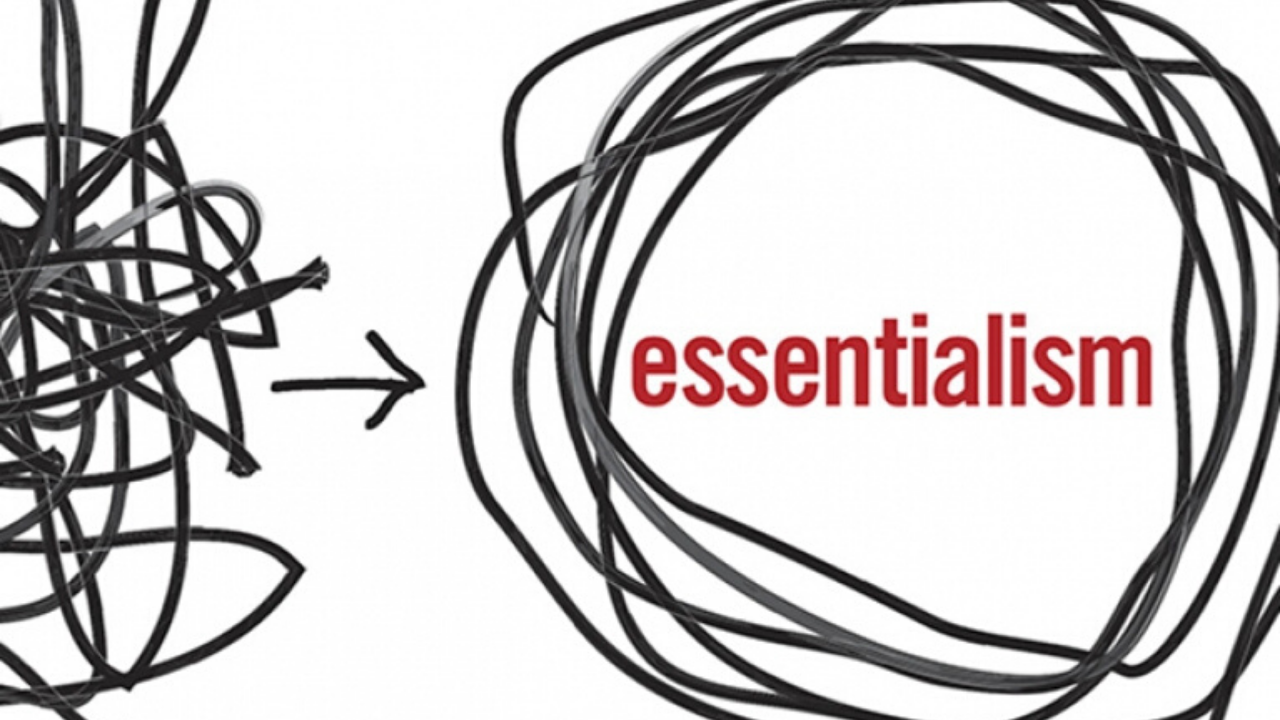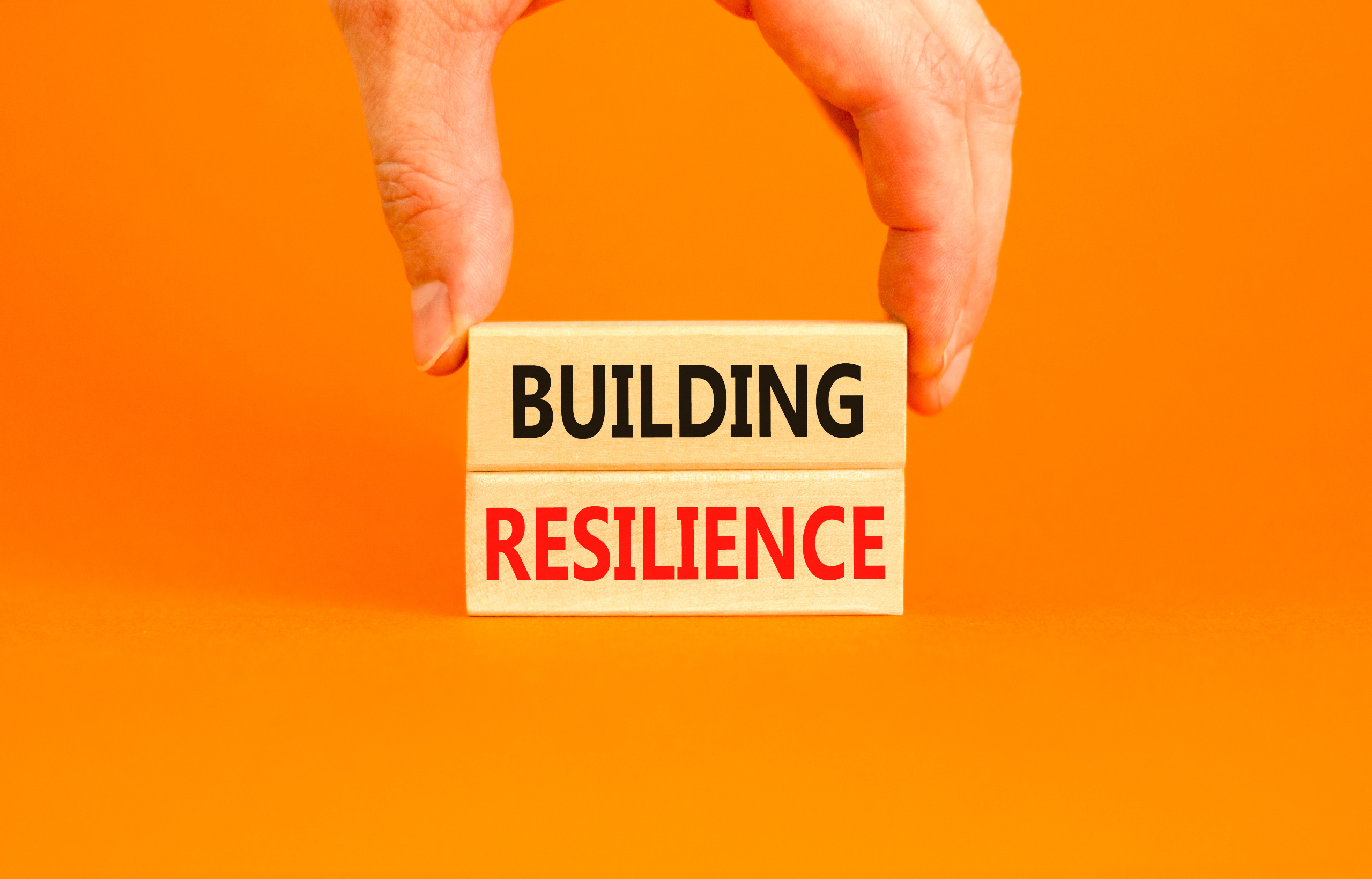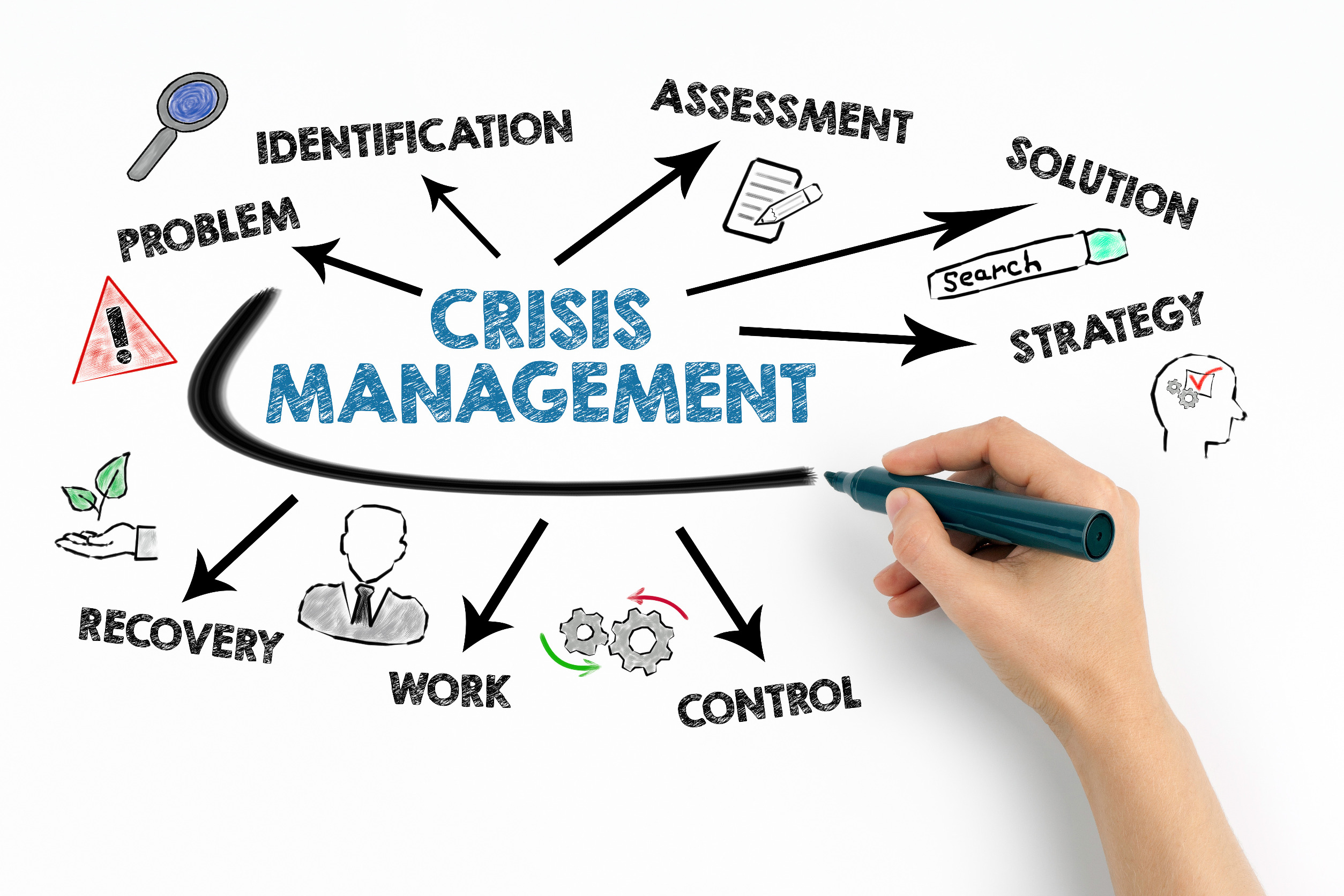Author Greg McKeown makes a habit of saying “No.”
In Essentialism: The Disciplined Pursuit of Less, McKeown lays out a sound rationale for saying “Yes” less, and for focusing our attention and energy on fewer things. However, those “fewer things” are not haphazardly selected. One of the principles he describes is this. “As you evaluate an option, think about the single most important criterion for that decision, and then simply give the option a score between 0 and 100. If you rate it any lower than 90%, change the rating to zero and simply reject it.”
Essentialism is a disciplined pursuit, as described by McKeown. It is vital that you establish a meaningful and measurable intent. Because you are going to be highly focused on a few things, it is critical that you first explore a broad range of options. And don’t be reflexive in saying “yes.” “If the answer is not a definitive yes, then it should be no.”
What would happen if you brought essentialism to your change methodology and change team? Would you be able to successfully do more by doing less? Here are some Essentialism guidelines. What does your methodology look like through this lens?
- “Summon the discipline to get rid of options or activities that may be good, or even really good, but that get in the way.”
- “An essentialist produces more—brings forth more—by removing more instead of doing more.”
- “Make the essential the default position.”
- “Focus on each team member’s highest role and goal of contribution.”
Essentialism doesn’t come easily, but it has the potential to yield big rewards.
New articles that we post to our blog are announced in the Change Management Weekly, our digest of actionable insights for change delivered to your Inbox every Tuesday. To claim your free subscription, click here:
Share With Your Colleagues
One Comment
Comments are closed.


























Great stuff! Most of us would benefit from thinking/working this way. (I’d say more, but is it really necessary…?)